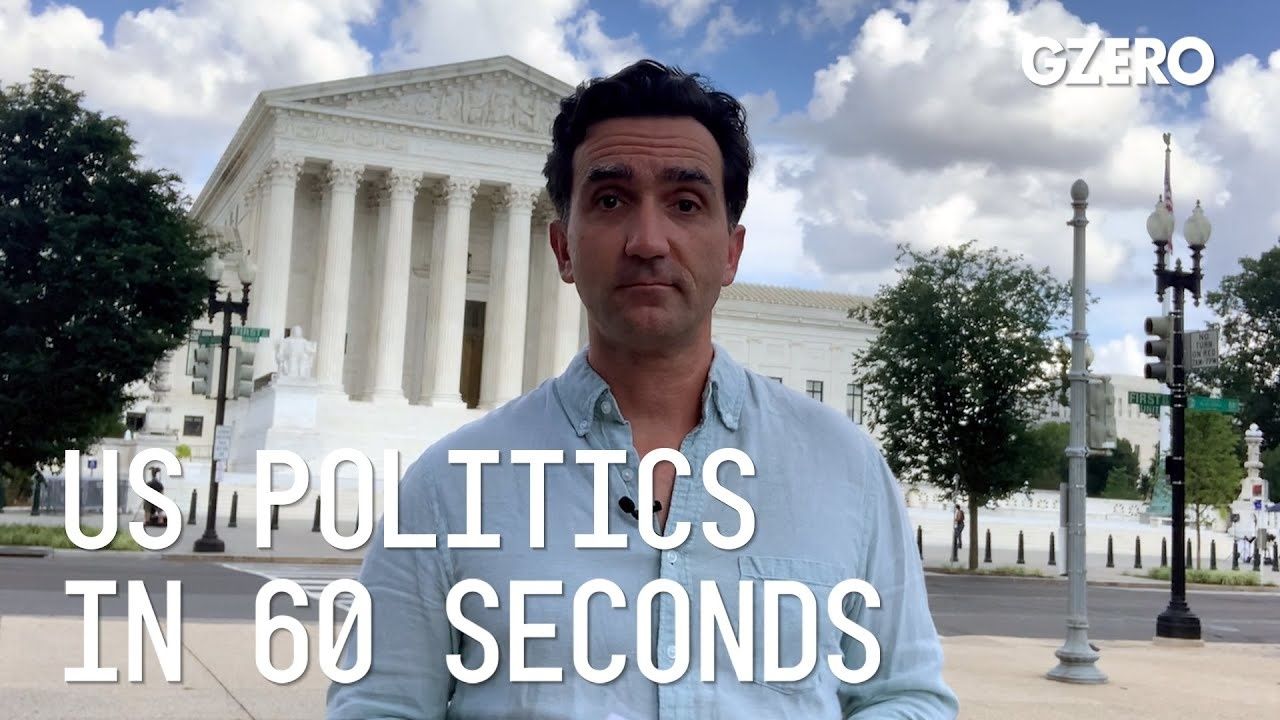
Jon Lieber, managing director for the United States at Eurasia Group, shares his insights on US politics:
How is coronavirus jeopardizing the legitimacy of a 2020 presidential election?
Well, what coronavirus is doing is a lot of states are worrying about people who aren't going to want to come to the polling places in the fall, and they're worried about a shortage of polling workers who are going to want to come out and volunteer to get sick by interacting with a bunch people in person. So, what they're doing is they're looking at making a shift to vote-by-mail. Most states allow some form of absentee balloting today. Five states just automatically mail you a ballot and they don't do any in-person voting. But the challenge here is that a lot of states are unprepared for the sharp increase that's expected. In the last election, 25% of ballots were cast by mail. You may see 50, 60 or even more percent of ballots cast by mail this time, which could overwhelm election administration, which happens at the state level.
If this happens, the loser may have grounds to claim that there was voter fraud, vote suppression, there was something wrong with the counting of the ballots or some of the machines broke down. That could take a challenge all the way to Congress or to the Supreme Court. Making potentially a very messy cycle if a close election. If it's a blowout, less of a concern.
The Supreme Court has been busy recently. What are some of the big decisions that they made?
Well, they allowed a number of unlawful immigrants who were brought here as children to stay. They extended the 1964 Civil Rights Act to sexual orientation and gender identity. They struck down a controversial Louisiana abortion law. And they allowed prosecutors in New York to get access to the president's financial records. There are a number of conservatives who weren't happy with these decisions and are particularly unhappy with John Roberts, a Bush appointee, who is thought to be a conservative, who is the swing vote in some of these cases. Some observers are saying that Roberts is trying to prevent the institution from becoming just another partisan political institution, like Congress, by preventing 5-4 decisions that go one way. However, remember that President Trump has reshaped the lower courts, appointing over 200 judges since he first came into office, filling every circuit court available, the most since Jimmy Carter. That legacy is likely to outlast President Trump and it could outlast Chief Justice John Roberts.